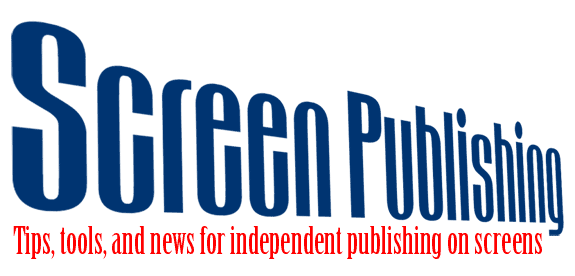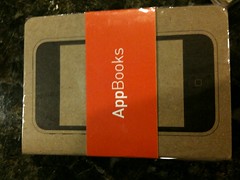Appish Books and Bookish Apps
In early 2010, TechCrunch speculated that Apple’s tightening control over the number and quality of apps accepted and maintained in the App Store might have implications for books. At that time, Apple hadn’t published any official guidelines on what gets into the App Store and what doesn’t. Last September Apple announced it finally did create such a document. Nilay Patel summarized some of the more interesting rules and Engadget published a PDF of the guidelines. At that point, the guidelines didn’t say much about books, except that “[Apple] view[s] Apps different than books or songs, which we do not curate” and that “Apps that look similar to apps bundled on the iPhone, including the App Store, iTunes Store, and iBookstore, will be rejected.” Earlier this month though, Apple revised the guidelines and added more language about books. Access to the guidelines is limited to developers, but Eric Silvka at MacRumors reports that developers are directed to submit apps that are simply songs, movies, or books to the iTunes Store or iBookstore, not the App Store. I’ve also come across a couple reports of bookish apps being rejected by the App Store (here and here). In both cases, the developers were told that Apple will not approve any books that could be released in the iBookstore. It remains unclear precisely what criteria distinguish App Store-appropriate content from iBookstore-appropriate content, but content creators should know that the iBookstore does allow small publishers and individuals to submit their ebooks directly for consideration. MacWorld has a pretty good description of the requirements, and Edward Cook’s description of the application process, as of last June, might be helpful. Since the iBookstore supports embedded video and audio, the distinction between bookish apps and appish books seems even harder to pin down. There’s a discussion about content to be had here, but I’d like to focus on the access aspect. To me, the fundamental difference between being in the iBookstore versus the App store is that ibooks sit behind a mediating app, iBooks, whereas apps stand alone. As long as Apple controls what content can stand alone and what must be mediated, they’re not only defining what makes a book, but also how you access your books.



